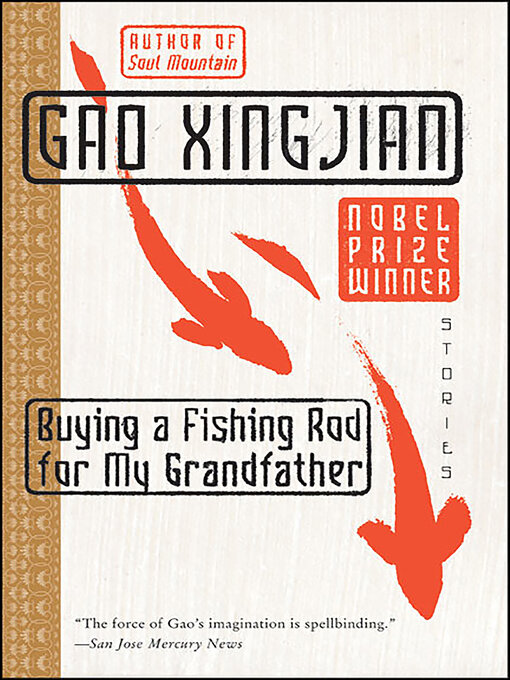“Precisely detailed and delicately suggestive: the best work of Gao’s yet to appear in English translation.”—Kirkus Reviews
A collection of six exquisite short stories from Gao Xingjian, the first Chinese writer to win the Nobel Prize in Literature. These beautifully translated stories take as their themes the fragility of love and life, and the haunting power of memory.
In “The Temple,” the narrator’s acute and mysterious anxiety overshadows the delirious happiness of an outing with his new wife on their honeymoon. In “The Cramp” a man narrowly escapes drowning in the sea, only to find that no one even noticed his absence. In the title story the narrator attempts to relieve his homesickness only to find that he is lost in a labyrinth of childhood memories.
Everywhere in this collection are powerful psychological portraits of characters whose unarticulated hopes and fears betray the never-ending presence of the past in their present lives.

